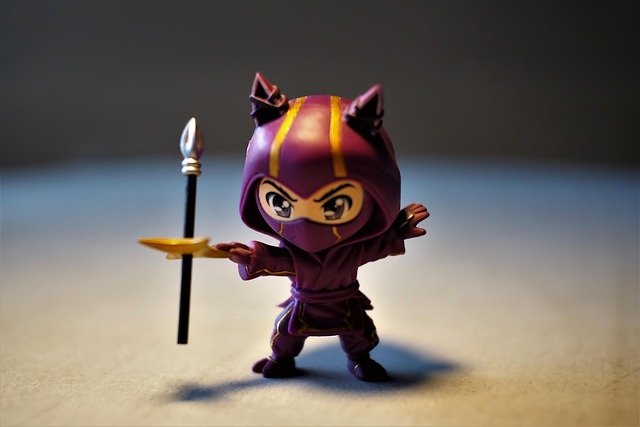Game Skins and How They Work in Gaming Communities
Digital skins are cosmetic overlays or visual variants for characters, weapons, or interface elements that players apply to personalize their experience. Often traded or sold on platforms, these digital items create a secondary economy around games. Skins usually do not change core mechanics but can affect player identity, collection goals, and social signaling within communities. Because they exist as files or account-linked entitlements, understanding how they’re stored, traded, and valued helps players use them safely and responsibly.

Game: how do skins fit into gameplay?
Skins typically alter appearance without changing core mechanics, letting players customize avatars, weapons, or HUD elements. That cosmetic focus makes skins attractive to streamers and collectors who want distinct looks without unbalancing play. Some systems pair skins with progression or microtransactions, so a skin can indicate time invested or purchases made. While most developers restrict gameplay impact to preserve fairness, it’s important to check each title’s rules since implementation varies by publisher and mode.
Skins: what types exist and how are they used?
Types of skins include character outfits, weapon finishes, vehicle paint jobs, emotes, and interface themes. Variants may be common, uncommon, rare, or limited—rarity influences collectibility. Other distinctions include patterns, color variants, holographic effects, and tracked versions that display in-game statistics. Players equip skins in settings or loadouts, display them in inventories or galleries, and sometimes use them as social currency in trading communities. Understanding rarity tiers and visual condition helps when assessing value.
Computer: storing and installing skins safely
On a computer, skins can be distributed as in-game unlocks, downloadable content, or user-created files for mods. Only install skins from official clients or reputable sources to avoid malware. Back up important files and keep antivirus and your operating system updated. For mod-based skins, follow community instructions and use verified mod managers when available. Avoid sharing account credentials; many skin transactions are tied to accounts, so account security is central to protecting digital items on your computer.
Online marketplace: where to buy and sell skins
Skins are available through in-game stores, publisher-run marketplaces, and third-party online marketplaces. Each option has different fee structures, payment methods, and dispute processes. When using an online marketplace, check seller ratings, transaction protections, and whether the platform supports buyer refunds or holds. Third-party venues can offer wider selection but may carry more risk; prefer platforms with escrow, clear fee disclosure, and strong community moderation. Know the marketplace’s policies on region restrictions, chargebacks, and delisting.
Digital items: ownership, trading, and valuation
Digital items like skins are intangible and often tied to platform accounts rather than transferable property in the legal sense. Ownership usually means a license to use the item under specific platform terms; those terms can restrict transfer or resale. Trading ecosystems establish value through rarity, condition, provenance, and player demand—limited drops, event skins, or unique patterns often command premiums. Market prices can be volatile, influenced by patches, bans, or shifts in popularity, so understand that valuations fluctuate.
Conclusion
Skins are a widespread form of personalization and commerce in modern gaming, blending aesthetics, community status, and marketplace activity. They’re generally cosmetic, vary widely in type and rarity, and depend on platform rules for storage and transfer. Using a secure computer setup, transacting on reputable online marketplaces, and recognizing the intangible nature of digital items will help minimize risk. Because valuation and rules change over time, players should review publisher policies and marketplace terms before buying, selling, or trading skins.






